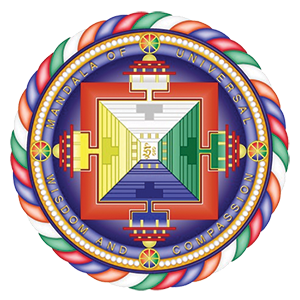(2 credits) This course will examine the ubiquitous but elusive phenomenon of religion as it is studied, lived, and practiced in its myriad forms. Whether or not we consider ourselves religious, the influence of religion on the world and on society is unavoidable: it shapes our values, beliefs, social dynamics, and even economic and political systems. At the same time, it defies easy generalizations and simple definitions.
We will first explore some of the most influential theories and critiques of religion, considering sociological, psychological, anthropological, and phenomenological approaches. We will then examine ways in which religious traditions address fundamental questions related to faith, ethics, mortality, and salvation. Finally, we will consider ways in which followers of religious traditions have historically responded and adapted to changing environmental and socio-political conditions, such as religious pluralism, radicalism, and ecological crisis.
Students will be expected to engage directly with at least one tradition that is not their own, attending a religious service in the surrounding community.


